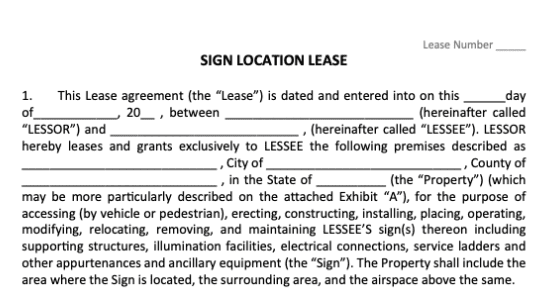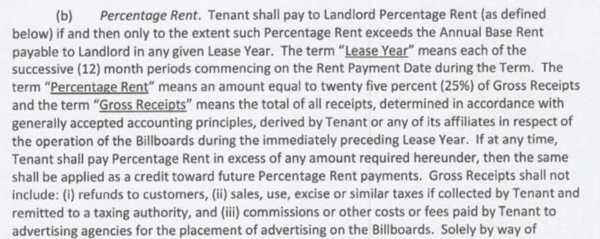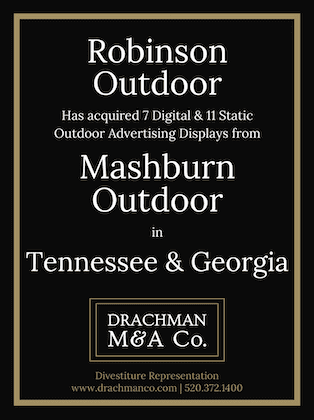After reading 4 Questions to Ask Before You Put a Data Collection Device on Your Billboards, a Billboard Insider reader writes about the importance of knowing your counterparty:
2-3 groups have approached me about installing devices on our structures, particularly our static interstate unit…I’ve never been able to get comfortable with the entity. I can’t find any information about them on the internet, nor any information about the companies their leases reference. To date, we’ve passed on signing and leases or installing any devices on our structures.
Another reader asks how a data collection device impacts an out of home land lease:
We have been approached by several data collection agencies to use our billboards. My question is about the lease with the landowner. Should a new lease be executed with provisions for the data collection device? I assume a lease with the data collection company should not go longer than the billboard lease or be terminated if the lease is lost.
Here’s Billboard Insider’s take.
Do you need a new lease with your landlord covering data collection devices?
It depends on how broad the language in your existing lease is. Here’s typical language in an out of home advertising lease. The language allows the out of home company to add “other appurtenances and ancillary equipment” to the sign. In Billboard Insider’s opinion, this language allows an out of home company to add a data device to a billboard without needing a landlord’s consent.

Will your data collection agreement impact your billboard rent?
It depends on whether you have a fixed rent or a percentage rent in your billboard lease. If you have a fixed rent it stays the same. If you have a percentage rent lease (see terms below) your percentage rent payment applies to all gross receipts from the sign, including data collection revenues.

Should the term of your data agreement match the term of your land lease?
Absolutely! You need to be able to cancel the data collection agreement whenever your lease terminates. You also need to think carefully about executing a data collection agreement if you plan on selling your billboards in the near future. Billboard Insider is aware of one case in which a large public billboard company wanted to buy a billboard but did not want to assume the data collection contract.
When in doubt ask your attorney. What do you think about these issues? Use the comments box below or email davewestburg@billboardinsider.com.
To receive a free morning newsletter with each day’s Billboard insider articles email info@billboardinsider.com with the word “Subscribe” in the title. Our newsletter is free and we don’t sell our subscriber list.
Paid Advertisement


















I can see the argument that a data collection device is “appurtenant” or “ancillary” to a billboard. While I am not aware of any cases that address the issue, I think it is more likely that a court will rule otherwise. California’s Outdoor Advertising Act defines an advertising structure as one on which “an advertisement of any kind” may be placed. A data collection device is not an advertisement.
There is no explicit definition of off-premises advertising in the Act, but it defines an on-premises advertising display as one that identifies the name of the business of the owner or occupant, or that advertises a business, services, goods produced or sold on the premises. A data collection device does not advertise anything.
The sample lease in the article lists typical “appurtenances and ancillary devices.” Unlisted appurtenances might include catwalks and devices to keep birds off the sign. All of these devices support the signs’ advertising purposes. Again, a data collection device does not support the advertisements on the sign.
Arguably, a data collection device will make it possible to make the advertising more effective and therefore is ancillary to the purpose of the board. It is still not advertising. If you want to be the first to argue this point, we suggest that you select a lease that does not have an attorney fee clause. That will permit a court challenge without exposure to the other side’s attorney fees.